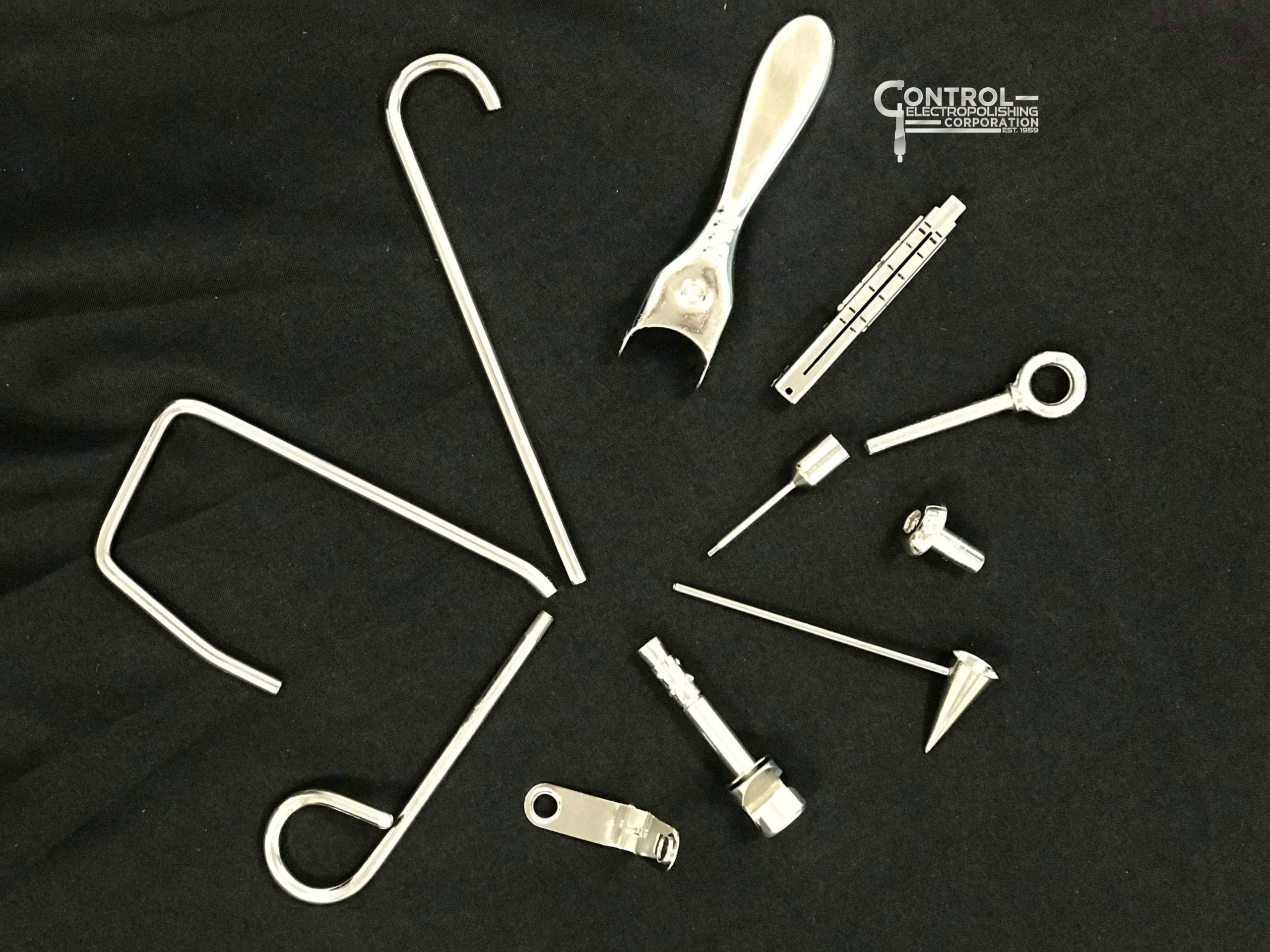
3 Main Benefits of Pickling There are many different metal surface treatment options out there, each one producing a unique look and feel to the finished metal part that give your metal the strength and stability it needs to perform well and last long. Choosing the best option for you depends on your needs, both […]
3 Main Benefits of Pickling
There are many different metal surface treatment options out there, each one producing a unique look and feel to the finished metal part that give your metal the strength and stability it needs to perform well and last long. Choosing the best option for you depends on your needs, both functionally and aesthetically. At Control Electropolishing we offer electropolishing, pickling, and passivation services.
Passivation is the chemical removal of scale and low chromium layers from the surface of a stainless steel metal part, and the process offers an effective chemical means of creating a more durable and resistant surface. The process differs from electropolishing in that pickling the metal involves the removal of surface layers through chemical means, resulting in a durable but duller appearance.
Removing Heat Tint and Improving Corrosion Resistance
Heat tint results when the surface of the metal parts is exposed to oxygen during the welding process. The oxidation causes a decrease in the corrosion resistance of the stainless steel, but the effect can fortunately be prevented through the passivation process.
Once the metal part is submerged in the chemical treatment, heat tint is then removed, improving both the corrosion resistance of the metal as well as the appearance of its surface.
Removal of Surface Impurities
Because pickling is a chemical treatment process as opposed to a mechanical process, surface impurities may be removed more quickly. Through the pickling process, less penetration of hydrogen by diffusion can be achieved, adding to its hydrochloric advantages.
Costs associated with heating are also limited, since the process involves working with room temperature treatment chemicals.
Limit Abrasion and Particle Embedment
By nature, chemical metal treatment is less abrasive than mechanical methods of removing surface layers. Through pickling, the possibilities of other abrasions occurring or small particles becoming embedded in the finished metal part are reduced.
For more information on whether pickling is the metal treatment option best suited to the needs of your metal part contact us at Control Electropolishing today.